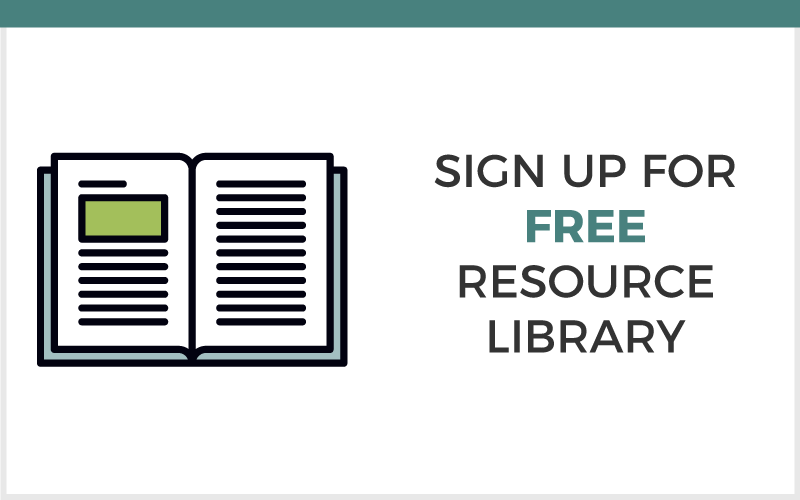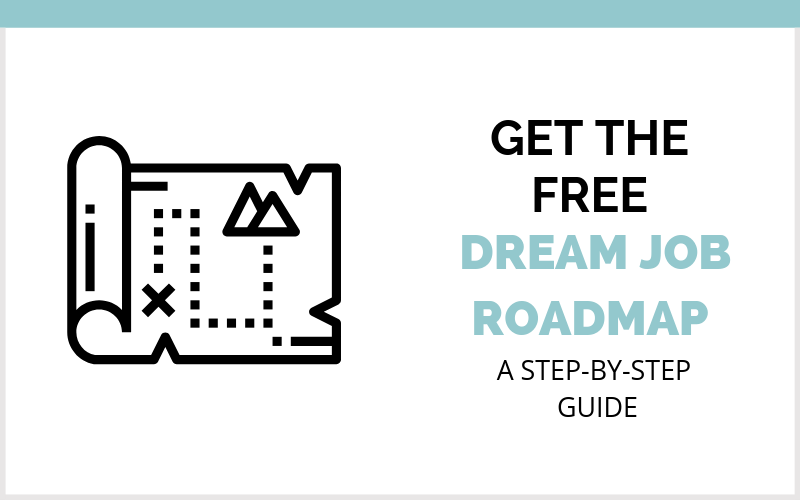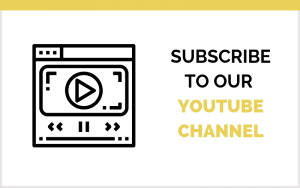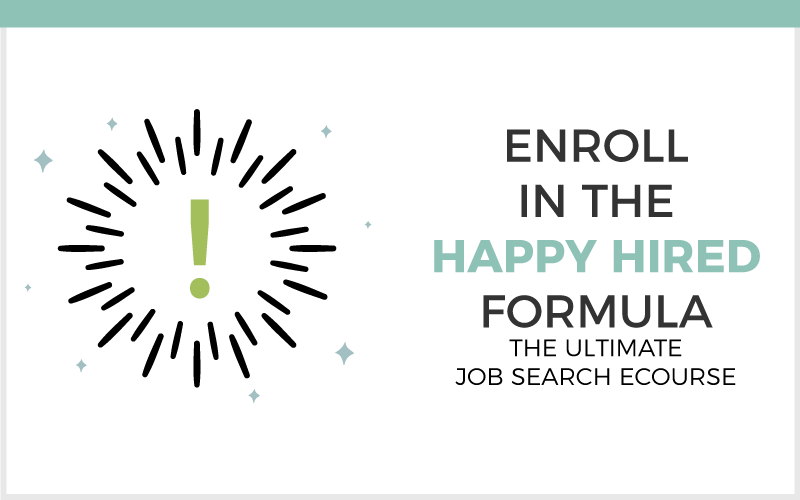We often hear people say that everyone has a gift. But what does that actually mean, and how do we identify these gifts and talents within ourselves? For some, their gifts are as clear as day and have been since they were young. For others, the journey to discovering your unique skills might feel like a maze of uncertainty and confusion. If you find yourself wondering what your gifts and talents are, especially in the context of careers, you’re in the right place. In this post, we’ll explore 50+ examples of gifts and talents that can benefit you in your personal and professional life.
The Importance of Discovering Your Gifts and Talents as a Professional
Knowing what you’re good at is more than just a fluffy exercise. It’s about understanding yourself on a deeper level in a way that can help in your professional journey.

Examples of Gifts and Talents
Identifying your skills can help you steer your career trajectory in a positive direction, boost your confidence, and provide a roadmap to personal and professional success. For the career pivoters out there, figuring out once and for all what your unique gifts are can help you find a more aligned career path if your past jobs have felt stressful, boring, or unaligned.
Career clarity is something I emphasize a lot in my Happily Hired programs, because finding your dream career depends on first determining WHAT you enjoy and are good at.
Let’s figure it out!
What’s the Difference Between Gifts and Talents?
You may be wondering what the difference is between a gift and a talent. A gift is a natural ability that comes easily to you, almost effortlessly.
On the other hand, a talent is a skill that you’ve developed over time through practice and effort, although you have been born with certain innate abilities that you honed over time.
Both are invaluable, and one is not better than the other.
Related Post: Career Clarity: The Most Important Yet Overlooked Aspect of Job Searching
The key is to recognize which is which, so you can invest time and energy into developing them further or finding a workplace that can best leverage your inherent qualities.
It’s one thing to work on your weaknesses so they don’t hold you back, but you’ll find yourself feeling most in alignment when you can tap into your natural abilities as often as possible.
On the other hand, if you find that your current job requires you to frequently use skills that you dislike or that don’t come naturally to you, that may be the career clarity you need to let you know it’s time for a career pivot.
Without further ado, let’s get into the list of examples!
Most likely you will identify with several of these, and while a particular career path may not use every single gift or talent you have, incorporating at least a few into a dream job helps you with locking down the elusive “alignment” piece of finding a fulfilling career.

Examples of Gifts and Talents
50+ Examples of Gifts and Talents
Interpersonal Skills
Public Speaking
The power to communicate ideas effectively in front of an audience can make you an influencer in your community and beyond.
Networking
Networking isn’t just about collecting business cards; it’s about forming meaningful relationships that are mutually beneficial. How can you GIVE more than you take?
Team-Building
The ability to bring people together, inspire them, and guide them toward a common goal can make or break a project.
Conflict Resolution
Whether it’s in the workplace or at home, the ability to diffuse conflict and bring about a peaceful resolution is invaluable.
Sales Skills
Not just for salespeople, this talent can help you ‘sell’ your ideas, influence people, and make meaningful connections.
Persuasion
Going beyond simple communication, persuasion skills allow you to influence others’ beliefs or actions.
Listening
While often overlooked, the skill of genuinely listening allows you to understand people better and form stronger relationships. We have a whole section on emotional intelligence further down the list!
Technical Skills
Coding
In our digital age, coding is the new advanced literacy. It’s not just for software engineers; many professions require a basic understanding of coding, such as data and business analytics.
Data Analysis
The ability to interpret and make sense of complex data can provide invaluable insights for decision-making.
Technical Writing
Being able to convey complicated information in an easy-to-understand way is a skill that can serve you in any profession.
Search Engine Optimization
SEO is a valuable skill that helps content get found online and amplify its impact. This skill will help increase the organic traffic for a company’s website.
Cybersecurity Skills
As threats become more sophisticated, understanding the basics of cybersecurity and how to avoid online scams, viruses, or other security issues is a skill that every individual should possess.
Digital Design
Whether it’s designing a website or a digital ad, design skills are highly sought after in the modern marketplace.
Database Management
The ability to efficiently organize, manage, and retrieve data from complex databases can be a game-changer for businesses in any industry.
UX/UI Design
User Experience (UX) and User Interface (UI) design skills are essential for creating intuitive, user-friendly products, enhancing customer satisfaction and loyalty.
Software Development
Developing software solutions that solve problems or improve processes is a valuable skill set that encompasses coding, testing, and more.
Video Editing
The ability to create and edit video content can give a storytelling edge to any project or marketing campaign. In the modern era of Instagram reels and TikTok, video content is queen!
Web Analytics
Understanding the behavior of website visitors can provide crucial insights into user engagement, helping to improve site design and content strategy.
Cognitive Abilities
Logical Reasoning
The ability to solve problems through logical thought processes is highly valued, especially in the business, scientific, and tech industries.
Spatial Intelligence
This is the capability to understand and remember spatial relations between objects. This is crucial in fields like architecture and engineering.
Being a Fast Learner
Adaptability is key in our fast-paced world. Being a quick learner allows you to stay ahead of the curve and get up to speed faster in complex jobs.
Language Acquisition
Being multilingual or having the ability to pick up new languages easily is a tremendous asset in our globalized world.
Problem-Solving
This is not just for logical or analytical professions. Being able to identify a problem and find a practical solution is invaluable in any job.
Critical Thinking
This is the ability to think clearly and rationally, understanding the logical connection between ideas.
Great Memory
Some people have an exceptional ability to remember facts, names, or data, which can be beneficial in various fields.
Strategic Skills
Strategic Vision
The ability to see the big picture and plan for the future is a talent that sets leaders apart.
Project Management
Overseeing a project from inception to completion requires a certain skill set, including leadership and detailed-oriented planning. This is a whole job in itself!
Risk Assessment
Being able to evaluate risks and rewards intuitively can help you make better decisions, both personally and professionally.
Decision Making
This is all about your ability to make quick, effective, and well-informed decisions even under tough circumstances. It often involves critical thinking and is a staple in strategic management.
Change Management
Organizations are constantly changing due to changing conditions in the world and business environment. Being skilled in change management allows you to help your organization navigate through periods of transition smoothly.
Business Acumen
Understanding how a business operates, makes money, and sustains growth is essential for long-term success. This skill can help you make more strategic decisions that align with the business’s goals.
Emotional Intelligence
Empathy
The ability to understand and share the feelings of others is key to building strong relationships.
Self-Awareness
Understanding yourself is the first step to understanding others. Self-awareness enables you to make better decisions and be a better leader.
Patience
This is a virtue for a reason. Patience allows you to navigate difficult situations and people more effectively.
Motivational Skills
Whether it’s motivating yourself or a team, the ability to inspire action is a gift that can lead to great accomplishments.
Stress Management
Life is stressful. The ability to manage stress, for yourself and others, is an invaluable skill in today’s fast-paced world.
Social Perceptiveness
This involves being aware of others’ reactions and understanding why they react the way they do.
Gut Instinct
Sometimes, we just know something without being able to logically explain it. Trusting your gut can often lead you in the right direction.
Bonus Soft Skills
Charisma
Some people have the magnetic ability to attract and inspire those around them. That’s charisma, and it tends to be a natural, innate gift.
Humor
The benefits of this one almost go without saying! A positive sense of humor can disarm conflicts, create bonds with colleagues or clients, and even lighten the hardest of tasks.
Optimism
A positive outlook can dramatically alter your perception, impact your success, and even affect those around you.
Mindfulness
Being present, in the moment, can help you make better decisions and appreciate the journey, not just the destination.
Adaptability
The world is always changing, and your ability to adapt will determine how you thrive in it.
Identifying your gifts and talents is the first step toward a life filled with purpose, fulfillment, and joy.
This is by no means an exhaustive list, and your unique gift may very well be a blend of several mentioned above (notably, there are a lot of artistic and physical gifts out there that are left out above in an effort to stay focused mainly on career-related skills!). I invite you to leave a comment below to share your insights, experiences, and questions.
By nurturing your gifts and talents, you’re investing in your most valuable asset: yourself.
Now, go out there and cultivate your gifts!
If you’re ready to find a better role for this season of your life, check out my FREE on-demand masterclass to get the freshest strategies on how to go from feeling stuck to landing more ALIGNED interviews & offers.
Emily Liou and her team believe that everyone can land their dream job. Want to find out more about how you can wake up happier on Mondays? Whether you like to work at your own pace or have a group to hold you accountable, there’s a Happily Hired job search program to shortcut your job search today.










